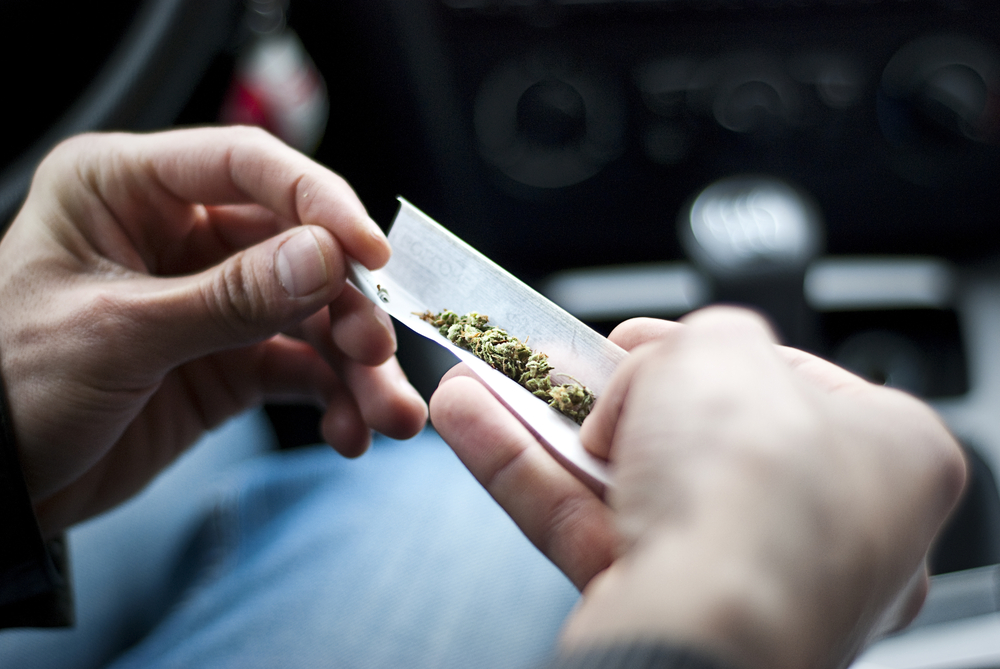Health
U.S. lawyer moves from lobbying for pot laws at home to urging B.C. politicians
Vancouver is poised to push forward the legalization of recreational marijuana in Canada, says a lawyer who helped spearhead a successful pro-pot campaign in Washington state.
Tonia Winchester said she thinks British Columbia is ready for a policy shift and that its other large city, Victoria, could also be a model for the rest of the country.
“Not to be a Yankee revolutionary, but I do think that it’s not as clear cut that it’s a federal question only,” Winchester told a packed room at the Union of B.C. Municipalities Convention on Monday.
“I do think there is room for federal municipalities to take action, similar to what Vancouver has done, to create regulation to support what is already happening in reality,” said Winchester, of Seattle.
She said she wants to inspire B.C.’s politicians to think more creatively about what could be done about marijuana legalization on the recreational side.
The former prosecutor worked for a citizen coalition, called New Approach Washington, that used Initiative 502 in the 2012 general ballot to empower the state to allow legal possession of small amounts of cannabis.
Winchester spoke in Vancouver on the opening day of the annual UBCM convention, a gathering of municipal and provincial policymakers to debate relevant issues.
Marijuana laws have been on the forum’s agenda for several years, including in 2012 when delegates voted to lobby Ottawa to decriminalize pot and study the benefits of taxing and regulating cannabis.
This year’s discussion comes as the City of Vancouver defies Canada’s marijuana laws by creating its own system to regulate illegal medical pot dispensaries.
“I think while it is a federal issue in Canada, there’s a lot of things the provincial level can address and take to the federal level and demand change,” Winchester said before addressing delegates.
She commended Vancouver’s city council for its “subversive” path toward a change in laws.
“Vancouver and Victoria, with their own policing forces, are in a better situation to try something,” she said.
“(They’re) realizing we can no longer afford to have these policies in place. What we’re doing isn’t really working.”
She said Canada in some ways is on the forefront of progressive marijuana policy because of its medical pot laws, and suggested the rules could be “easily shifted” for recreational users.
Washington now has 250 licensed marijuana producers and 137 retail stores have opened, Winchester said.
Vancouver Coun. Kerry Jang told delegates there are currently about 120 medical dispensaries open in the city.
Officials expect that number to be reduced to about 15 to 20 shops under new regulations, he said.
Jang said the city isn’t concerned after Health Canada recently sent letters to 14 dispensaries, including some elsewhere in the country, threatening that RCMP would move in to shut them down.
“I haven’t seen any indication that’s going to happen,” he said.
“As long as there’s marijuana in the province, there’s going to be a pot shop.”
Vancouver is the first city in Canada to regulate illegal marijuana dispensaries, requiring operators to pay a $30,000 licensing fee and locate at least 300 metres away from community centres, schools, and each other.
Francesca Marzari, a lawyer who sits on the board of West Coast LEAF, or the Women’s Legal Education and Action Fund, said municipalities have authority to regulate marijuana in their areas of jurisdiction. That includes zoning, land-use planning, business licences, development permits and nuisance bylaws.
“We also cannot make legal something that is not legal, that would be influencing the criminal purpose.”






















